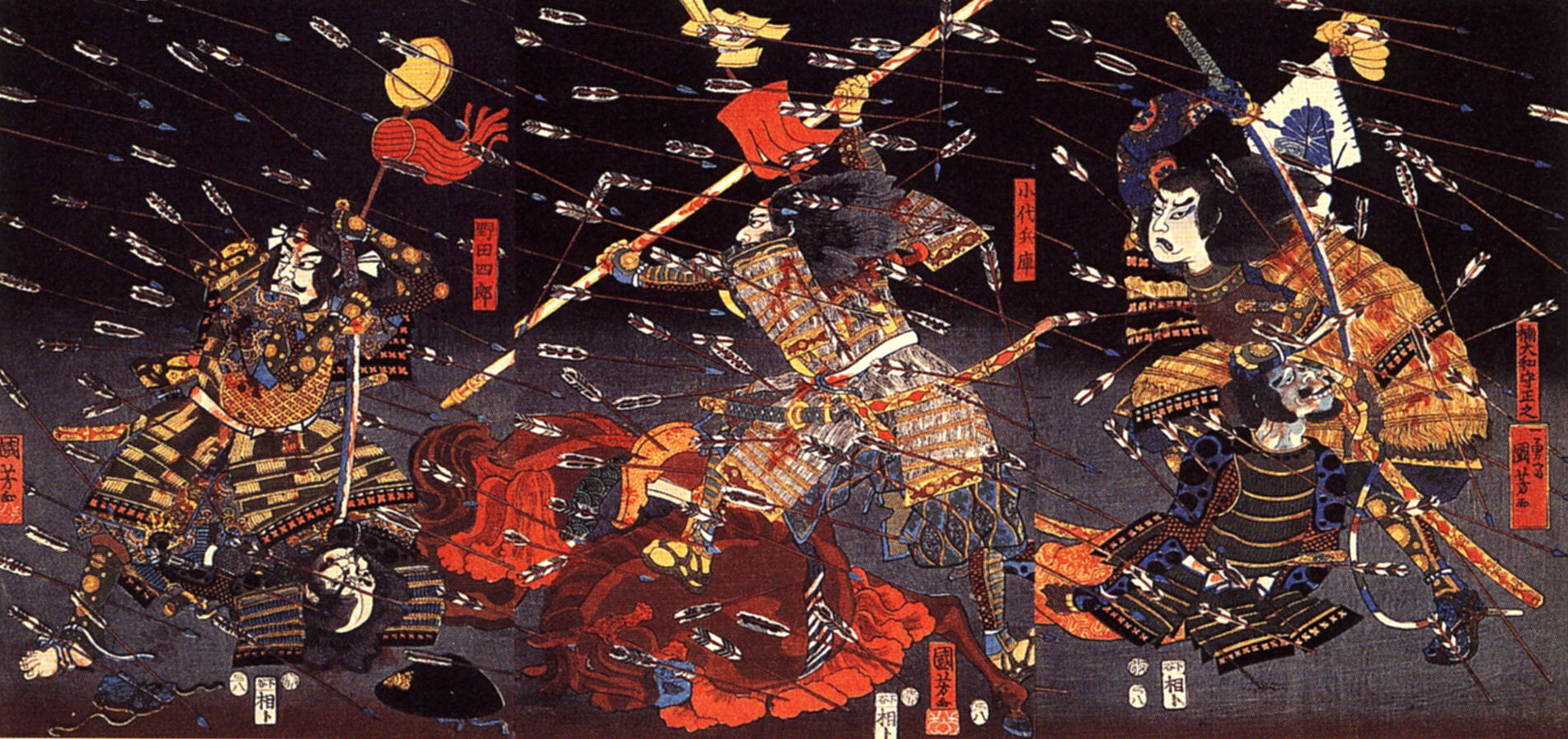
In Japan, a scandal broke out over the fact that the government of the late former Prime Minister Shinzo Abe allegedly put pressure on the media. Some documents were found indicating that the authorities dictated to television the definition of “political justice”, that is, what political opinions and to what extent should be considered fair at the time of broadcasting. Potentially, this incident could cause a serious public outcry and mistrust of the authorities. We will try to understand the situation in order to understand how dangerous it is for the Japanese authorities.
According to the story in the Japanese media, in 2014, Yosuke Isozaki, who was Abe’s special adviser, demanded a review of the rules to decide on the political fairness of television broadcasts. This idea came to the official after watching “Sunday Morning” on TBS TV. Isozaki considered the broadcast biased, as all the commentators expressed the same opinion about the upcoming elections in Japan, being critical of the Abe administration.
At the time, the government judged political justice based on the programs of a station as a whole, rather than focusing on the content of a single program. In the Ministry of Internal Affairs and Communications of Japan, discussions began, in which the question was raised: are there honest programs on Japanese TV channels, in principle, as such? It was decided to edit the broadcasting legislation. And Makiko Yamada, cabinet secretary for public relations, said the situation around the broadcasting law began to look like an attack by a “mad yakuza bandit,” the media intimidated and freedom of expression trampled.
Judging by the documents that were presented to the public, the discussion around this topic really resembled a kind of gang war, where the parties indicate to the opponents their place in the social hierarchy, and sometimes, They even go as far as threats.
As a result, Abe stressed the need to correct television programs that were deemed unfair, and Interior Minister Sanae Takaichi said that stations could be taken off the air if authorities felt they had repeatedly aired programs that lacked “justice.” policy”.
It should be noted that it is not clear how reliable the documents showing the discussion of political justice in the programs are. After all, Takaichi, who was Minister of the Interior at the time of the discussion and is now Minister of Economic Security, denies the authenticity of the documents. But he said he would leave his post if evidence was shown to the public that the late Abe’s government really put pressure on the media. Moreover, not so long ago, Prime Minister Kishida himself said that the authenticity of the documents has not been proven.
One of the deputies of the Democratic Constitutional Party of Japan (and the document on this conflict was published by this party) even made a rather bold statement in connection with the scandal that he could no longer trust Takaichi’s statements in parliament. However, she was not surprised and replied: “If you can’t trust my feedback, don’t ask any more questions”.
In turn, on March 24, the current Prime Minister of Japan announced that he would not fire Takaichi, since the authenticity of the documents would still need to be proven.
Note that in the past, Takaichi was Kishida’s rival in the fight for the post of Prime Minister of Japan. Takaichi is known for her tough national conservative stance, her desire to strengthen Japan’s military power, she is also a supporter of “Abenomics” (anti-crisis economics, which involves artificial devaluation of the yen by doubling the money supply, fiscal stimulus, and a series of other measures), as well as the policy of the former prime minister in general, Minister Shinzo Abe.
There may be several reasons for this incident. Perhaps this will be a blow to the team of the late Abe, since part of his people still remains in power. Or maybe it’s just a political fight between the two parties. However, today Takaichi and Kishida are members of the Liberal Democratic Party (PLD), and the opposition Constitutional Democratic Party presented the documents. And the blow to Takaichi will end up being perceived as a blow to the LDP as a whole, eventually affecting Kishida as well. But Kishida already had a whole series of resignations from officials of his apparatus. Therefore, it stands to reason that the prime minister, saving his rival, is now saving himself.
But more importantly, the public was told that the Abe government lobbied the media, which means it automatically tried to influence public sentiment in Japanese society. Furthermore, one may wonder: if the Abe government has been putting pressure on the media, is the administration of the current Japanese Prime Minister, Fumio Kishida, fair and free? But after all, she did not cancel the principles that were established under Abe. The population is being instilled with distrust of the Abe apparatus, which can easily be transferred to the current government.
To date, the conflict has not yet been resolved. Kishida stated that further investigation into the incident was required. What the final investigation shows will determine the theses that can be presented both against the people of the late Abe’s team and against the Kishida administration as a whole.
Source: Rossa Primavera
I am Michael Melvin, an experienced news writer with a passion for uncovering stories and bringing them to the public. I have been working in the news industry for over five years now, and my work has been published on multiple websites. As an author at 24 News Reporters, I cover world section of current events stories that are both informative and captivating to read.
